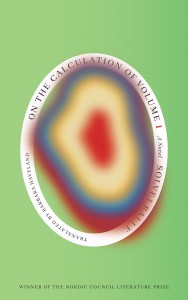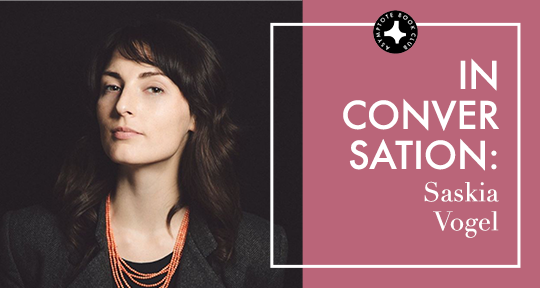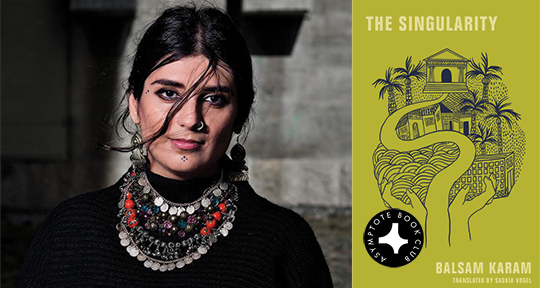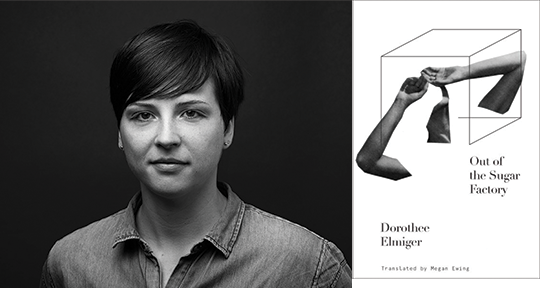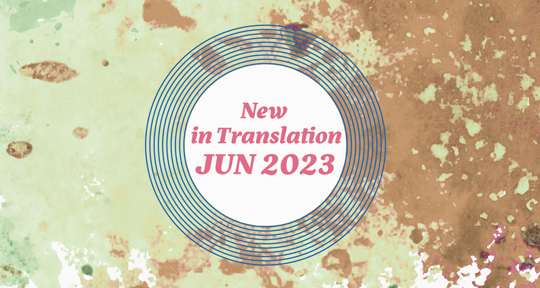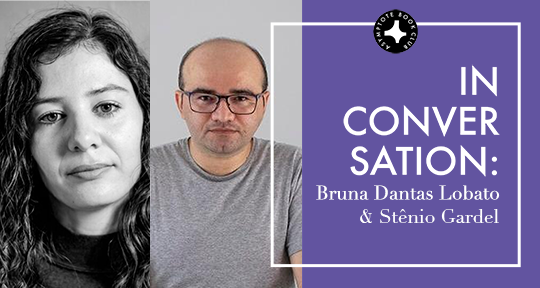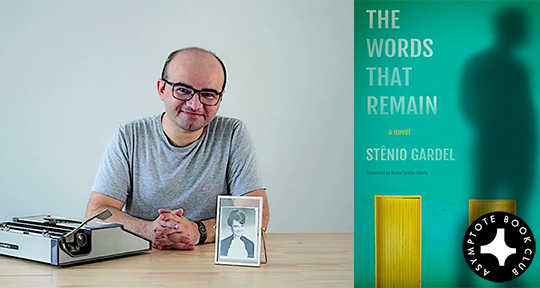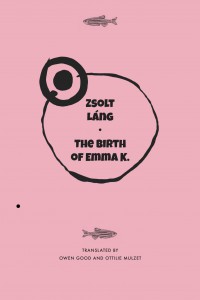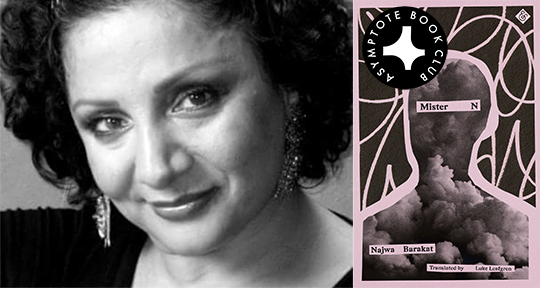A sweltering combination of domestic turmoil, existential ennui, and an increasingly threatening final disaster, Franziska Gänsler’s Eternal Summer presents the portrait of fractures both geographic and internal, translated with a natural erudition by Imogen Taylor. Set in a German spa town on the verge of being consumed by wildfire, the novel tells of a young woman who receives a pair of surprising visitors, and in this disruption of her melancholy routine, a spark of desire is awakened—something that could prove to be illuminating, or all-consuming.
The Asymptote Book Club aspires to bring the best in translated fiction every month to readers around the world. You can sign up to receive next month’s selection on our website for as little as USD20 per book; once you’re a member, join our Facebook group for exclusive book club discussions and receive invitations to our members-only Zoom interviews with the author or the translator of each title.
Rachel Stanyon: Franziska, you’ve had a lot of success with this debut novel in Germany; translations and film rights have been sold, and it’s received some glowing reviews in the English-language press. And Imogen, you’ve got twenty translations under your belt. How did you each get where you are now?
Franziska Gänsler (FG): I always wrote. It was my main interest even as a child, but I never felt that it could be a profession—it’s so uncertain. I’m not from an artistic family, so I didn’t know how to get there. I ended up studying to become a teacher of art and English, and had stopped writing for a few years; I was painting and doing other things creatively, then somehow I took it up again. Then writing just took over all of my time. I was lucky because I was supposed to be painting, but my professor at university allowed me to write instead. She was from the French-speaking part of Switzerland and couldn’t even read what I wrote, but she always signed off on everything. I started entering competitions, and from there my agent saw my work.
I actually wrote one book prior to this one, but nobody wanted to publish it. And then with Eternal Summer we came to Kein & Aber, which is my publishing house in German, and I’m still with them.
Imogen Taylor (IT): I think for me, it was a coincidence. I studied French and German, and then moved to Berlin after my BA in England. People started asking me to translate because they knew I could speak German and English, so I took odd jobs on for neighbours and friends. I was paid in bottles of wine for one of my first jobs. It wasn’t really very serious, and I carried on studying, with a master’s and a PhD. I was still doing some translation on the side, but not very much or seriously. And then I gradually realized that was what I really wanted to do, more than academic work. READ MORE…




